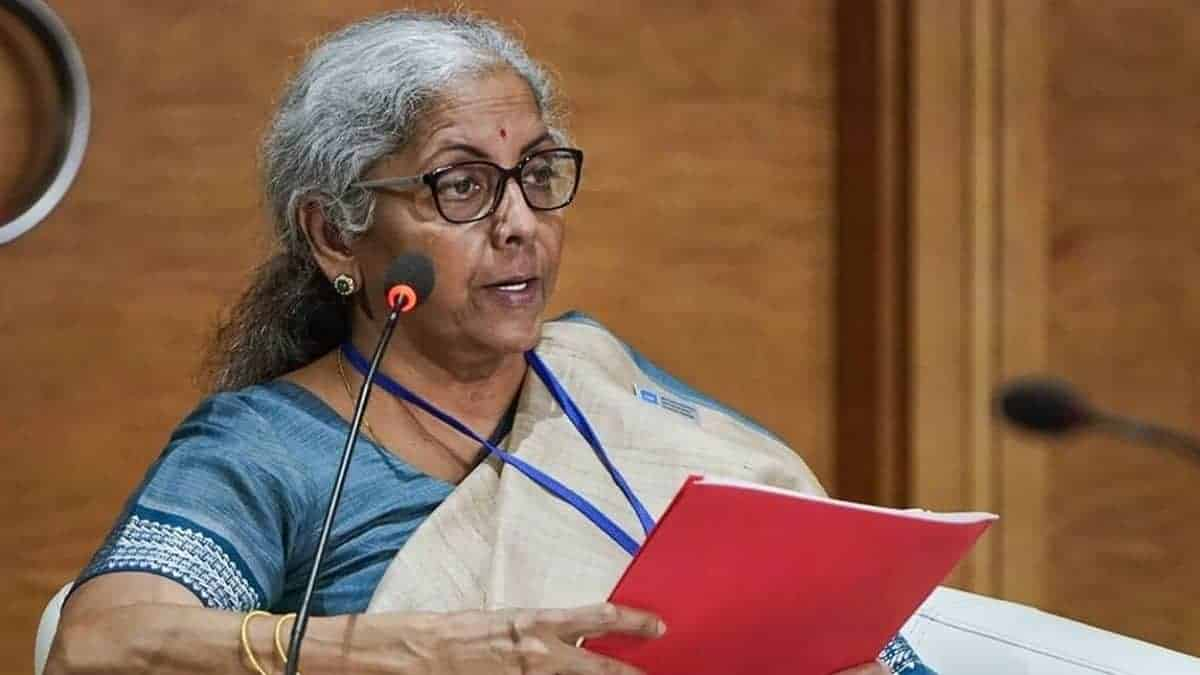As part of the tax devolution to states, the Finance Ministry has released Rs 47,541 crore as an advance payment

The states would have received an additional sum of Rs 90,082 crore, which was decided to be issued under tax devolution over and above the budgeted amount in FY22, with the release of this second advance payment.
On January 20, the Union Finance Ministry released Rs 47,541 crore as an advance payment for tax devolution to states. With this, the total advance installment of tax devolution to states in January 2022 reached Rs 95,082 crore.
The states would have received an additional sum of Rs 90,082 crore, which was decided to be issued under tax devolution over and above the budgeted amount in FY22, with the release of this second advance payment.
On November 22, 2021, the Union government released the first advance installment of tax devolution to states, totaling Rs 47,541 crore.
“This is in accordance with the Government of India’s resolve to strengthen the hands of States so that they can accelerate capital and developmental investment to mitigate the negative effects of the COVID-19 pandemic,” the Finance Ministry said in a statement.
The government would issue 95,082 crore to states in November 2021, according to FM Nirmala Sitharaman, which will include the advance release of one payment of central tax devolution. She went on to say that the release will assist states in increasing capital investment and boosting growth.
States are entitled to 41% of central taxes, which are devolved in 14 installments over the course of a fiscal year, according to the Finance Commission formula.
“States would not be short of money in their hands when all of us are moving forward with the infrastructure investment to be taken up by them,” Sitharaman had said earlier.
The FM declared a Rs 5.54 lakh crore capital spending in the Union Budget 2021-22, a 34.5 percent increase over the previous year. In addition, the states and autonomous organizations have been given an additional Rs 2 lakh crore for capital spending.


